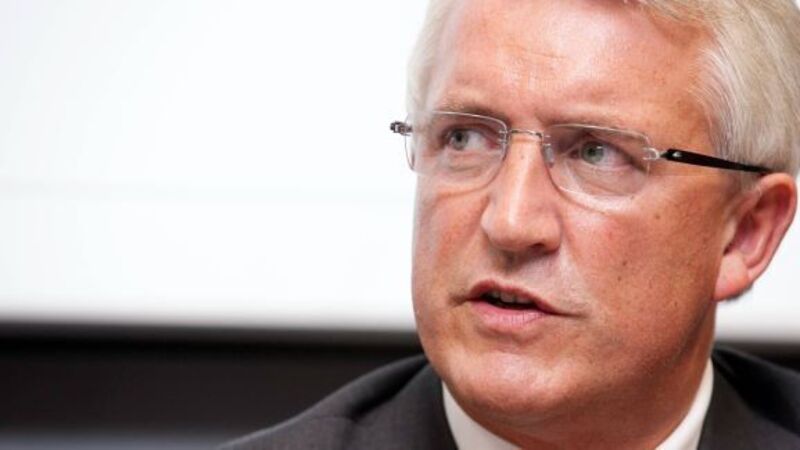AIB targets homes of ‘a few thousand defaulters’

Releasing its results for the first half of this year, chief executive David Duffy estimated that strategic defaulters now made up one in five, or 6,000, of all customers in arrears. The bank declined to provide a breakdown of how many customers are in arrears, but according to its accounts, €8.45bn of its €38.8bn Irish mortgage book is classified as impaired.
Mr Duffy described strategic defaulters as customers “who for whatever reason have decided not to pay their mortgage”.













